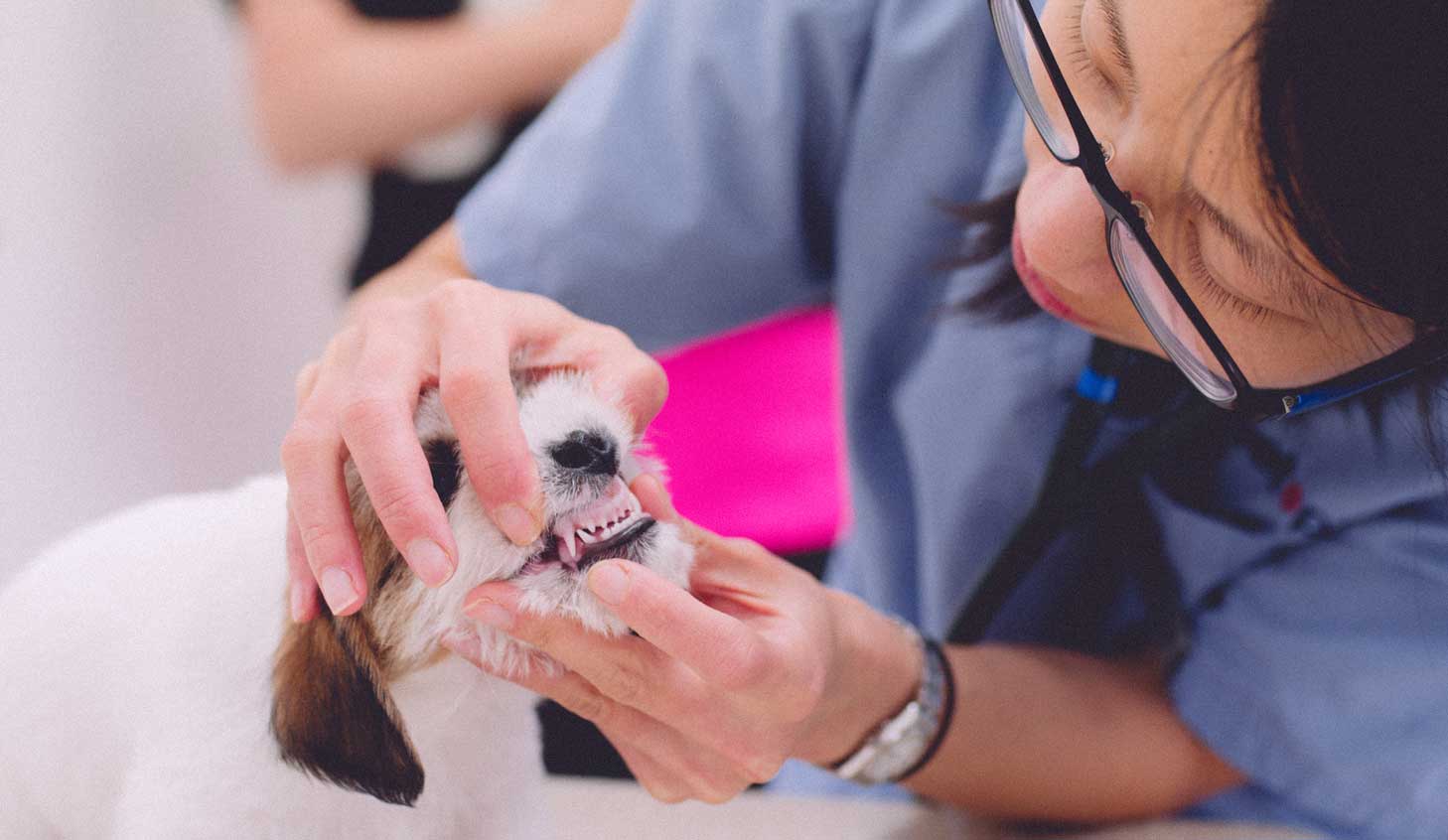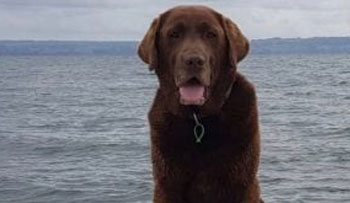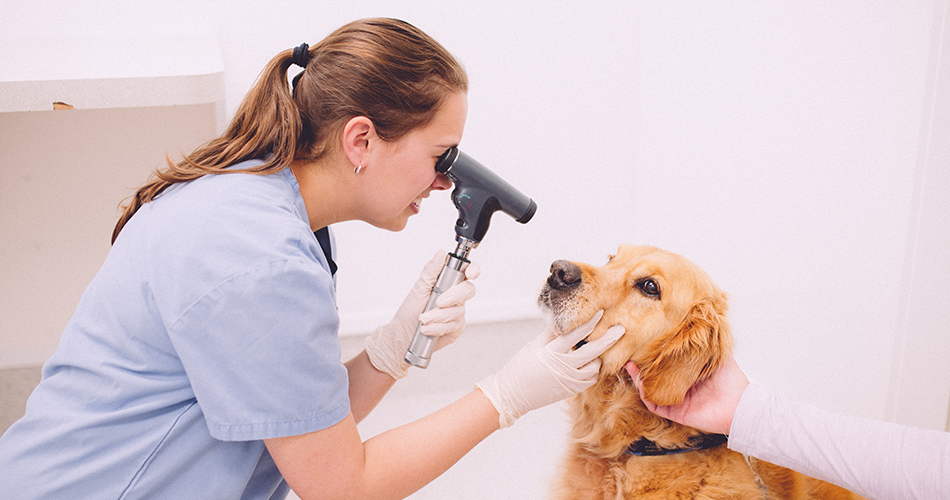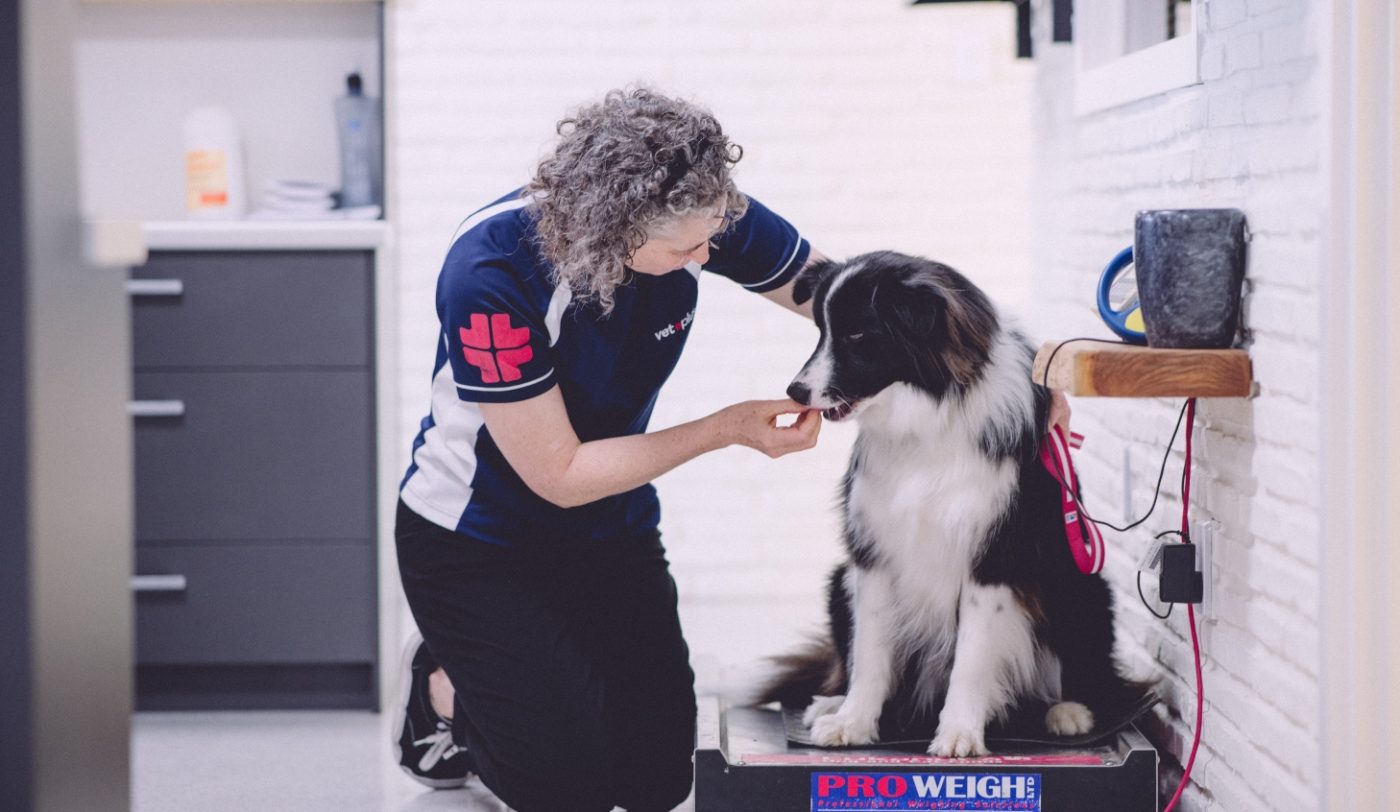Calf Drench Survey In The Central Plateau
December 31, 2021
Reading Time: 3 minutes
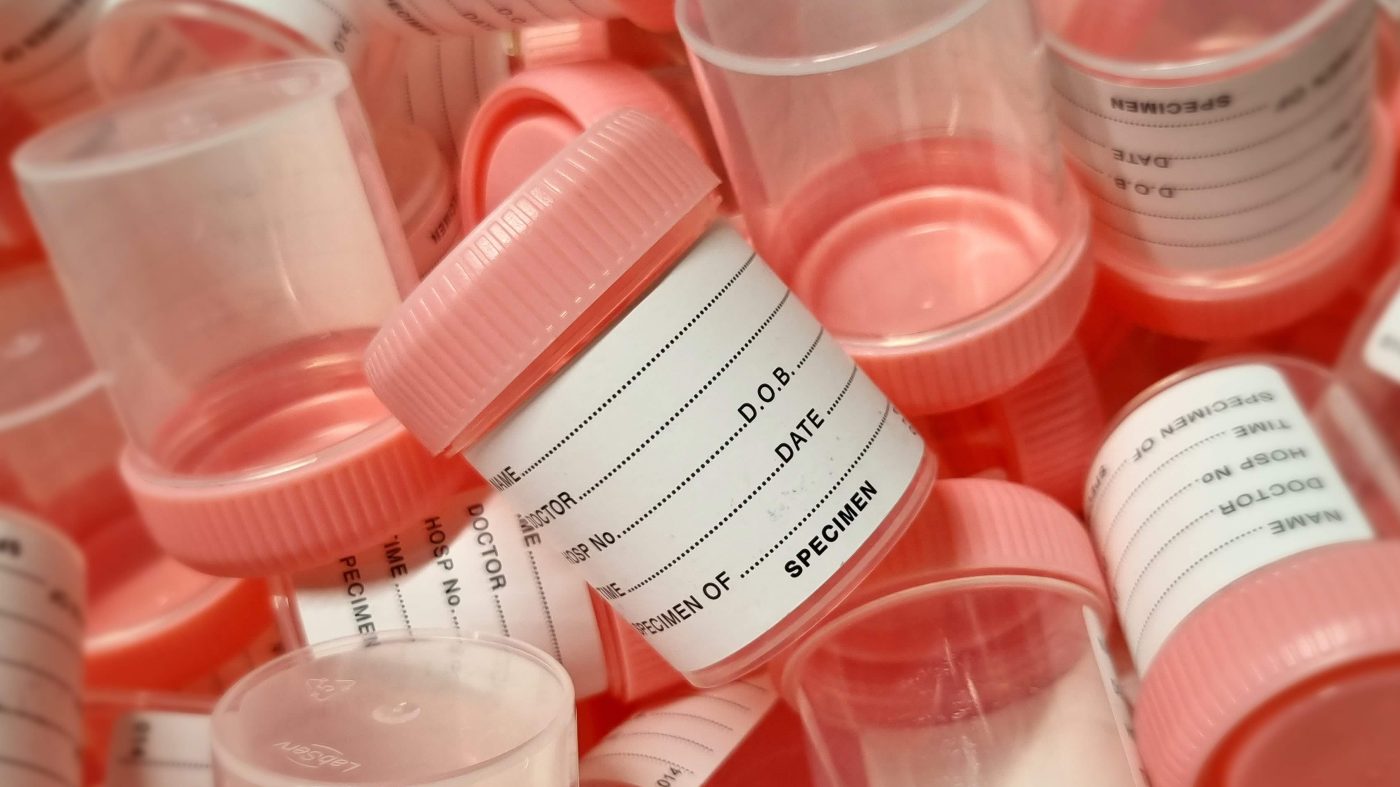
As it is said when there is drench there will be drench resistance! For the last few years New Zealand has been seeing an increase in drench resistance in our young sheep. In cattle, it is more difficult to diagnose drench resistance. This means, we may have had
it building up for a while without knowing. VetPlus have recently diagnosed triple drench resistance on two separate properties in the Central Plateau region who are rearing young cattle.
Drench resistance is when parasitic worms that live in animals become immune to the effects of drench. Thus, the drench is not as effective. Animals will have higher worm
burdens, lower growth rates, potentially scours and show clinical signs of parasitism. We only have a select number of drenches available, so when we have triple drench resistance, we are running out of drenches that work. This means focusing more on stock management strategies to control the worm burden rather than relying on the drench itself.
VetPlus along with CPVS (see below) are wanting to conduct a pilot drench survey to get a better understanding of how well our drenches are working for cattle in the
region. Young cattle are most susceptible to parasitism, so therefore they are the animals we drench the most and are the group that we could identify resistance in the easiest.
CPVS and VetPlus have generously donated money towards this study, therefore, to be a part of this study the cost will only be $50. This is a greatly discounted rate down from around $300.
To be take this opportunity to get a greatly discounted evaluation of your drench efficacy you will need to collect samples on the day of drenching prior to being drenched, this can be in the yards from 10 individual animals.
These samples can be collected fresh from the ground. Then a further 10 samples collected fresh between 7-10 days post-drenching. To be relevant to your property the animal tested would have to have been grazing on your property for at least 4 weeks.
We will then process these samples and have the laboratory complete a pooled faecal egg count and larval culture for both the pre-drenching and post-drenching samples.
The information that we will get from this will be:
- If the animals were shedding worm eggs at the time of drenching.
- Identification of the worms that were producing eggs at that
- Identification of any drench resistance, and if there is resistance present then the worm species that are resistant to your specific
Ultimately, this will tell us if you have worms on your farm that the drench is not killing.
If you would like to enrol in this survey, or have any questions, please get in touch with me via email at gabby@vetplus.co.nz
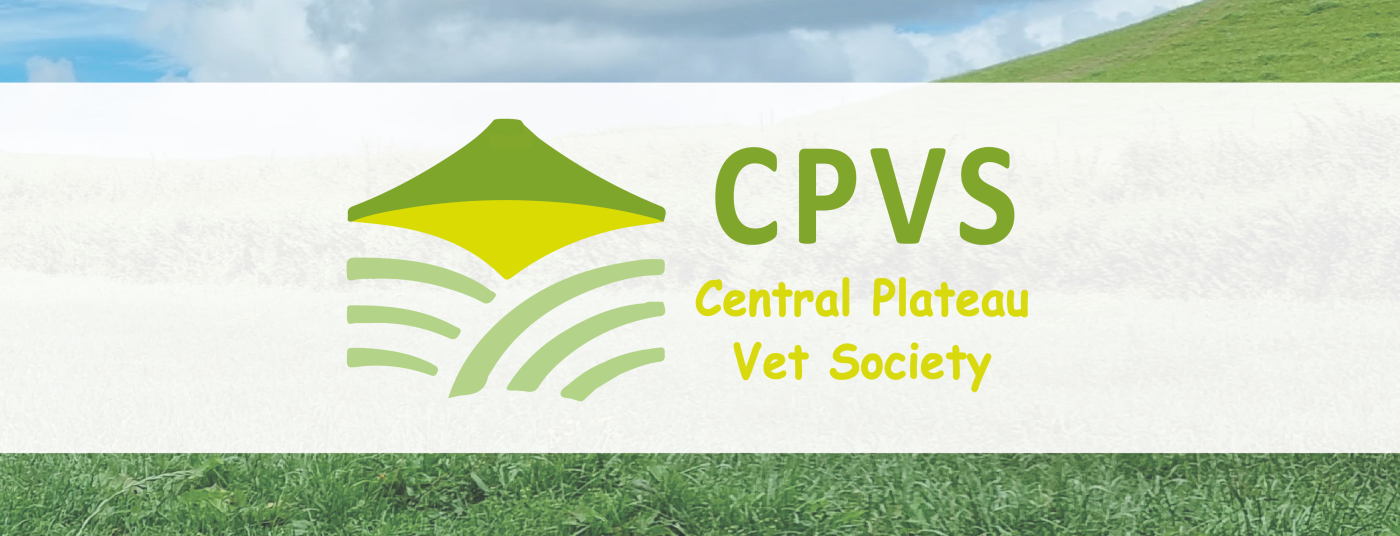
Who are is CPVS again, you might be asking?
Central Plateau Vet Society Inc is a society that manages the funds from the sale of the historical Taupo Vet Clinic Building that is now VetPlus. The mission of the society is to promote agriculture and the primary sector in the central plateau by supporting education. They provide several $4,000 Undergraduate Student Scholarships. These scholarships are awarded to students wanting to study Vet Science or an Agricultural related degree at either Massey or Lincoln University.
They also provide seeing practice grants to 4th year vet students to see practice at VetPlus clinics and will also support research into issues relevant to farming in the Central Plateau on a case by case basis such as this drench efficacy survey.
For further information about the CPVS, email secretary@centralplateauvetsociety.co.nz

